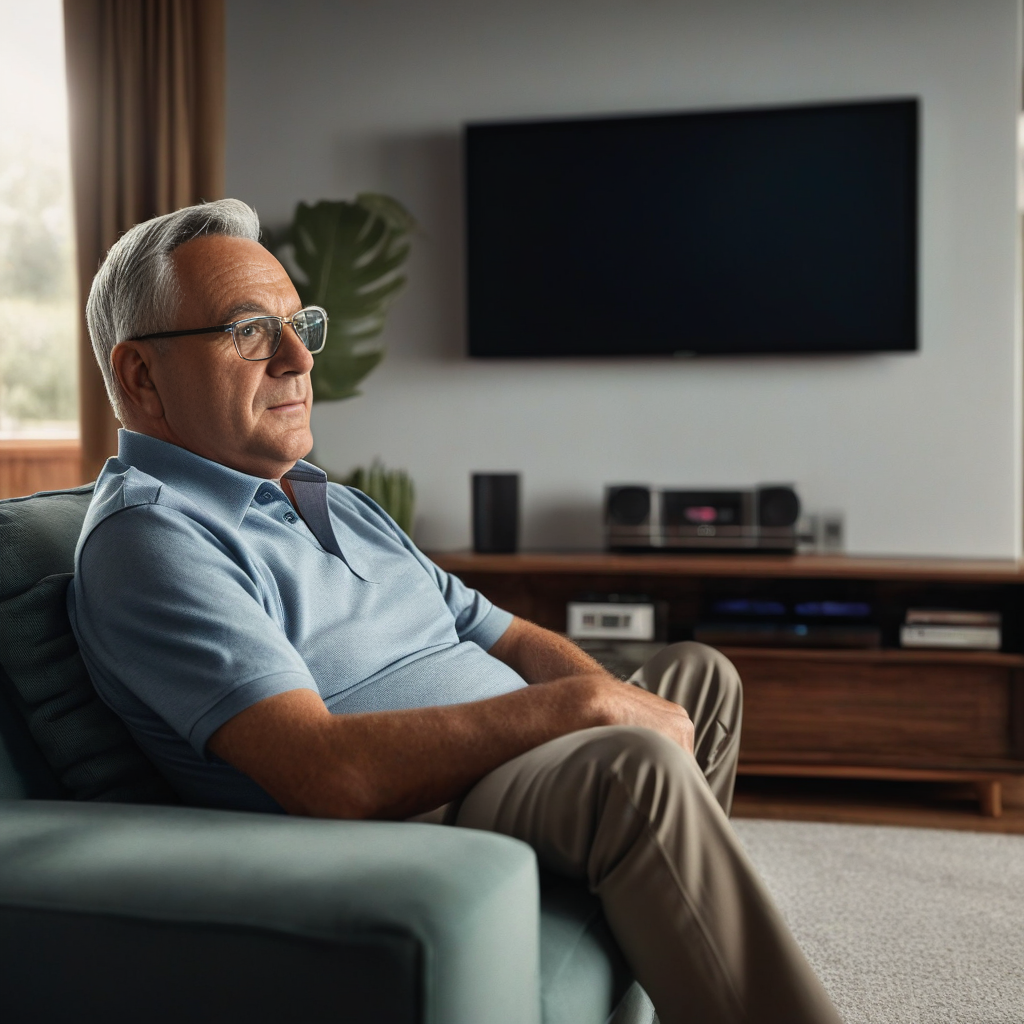
Hearing
Hearing Loss Asssociation of America: https://www.hearingloss.org/
Better Hearing: https://www.betterhearing.org/
Cochlear: https://www.cochlear.com/
Directory of Community Resources for Broward County Senior Citizens-Deaf/Hearing Impaired Services Page 84
Hearing loss is a common condition among seniors, with one in three individuals over the age of 65 experiencing some degree of hearing impairment. Deafness and hearing impairments can have a significant impact on seniors' daily lives, affecting their ability to communicate, engage in social activities, and perform everyday tasks. The inability to hear can lead to feelings of isolation, frustration, and dependence on others for assistance.
 Seniors with hearing loss may find it challenging to participate in conversations, follow instructions, or hear alarms and notifications. This can make simple tasks like answering the phone, watching television, or attending social gatherings difficult and stressful. Additionally, hearing loss can affect seniors' safety, as they may not be able to hear warning signals or alerts, putting them at risk of accidents and injuries.
Seniors with hearing loss may find it challenging to participate in conversations, follow instructions, or hear alarms and notifications. This can make simple tasks like answering the phone, watching television, or attending social gatherings difficult and stressful. Additionally, hearing loss can affect seniors' safety, as they may not be able to hear warning signals or alerts, putting them at risk of accidents and injuries.
In some cases, hearing loss can also impact seniors' mental and emotional well-being, leading to feelings of depression, anxiety, and low self-esteem. The inability to fully engage with the world around them can result in a sense of detachment and disconnection from their loved ones and the community.
Fortunately, there are preventive measures seniors can take to protect their hearing and maintain their quality of life. These include avoiding exposure to loud noises, using ear protection in noisy environments, and getting regular hearing screenings to detect any changes in hearing ability early. Seniors should also be mindful of their overall health and well-being, as certain medical conditions and medications can contribute to hearing loss.
For those already experiencing hearing loss, there are various treatment options and services available to help seniors manage their condition effectively. Hearing aids, cochlear implants, and assistive listening devices can improve hearing ability and quality of life for seniors with hearing impairments. Additionally, speech therapy, counseling, and support groups can provide emotional and practical support for seniors dealing with the challenges of hearing loss.
Real-life examples of seniors who have successfully managed their hearing loss can serve as inspiration and motivation for others to seek help and take control of their hearing health. By advocating for themselves and seeking the support they need, seniors can improve their communication skills, maintain their independence, and continue to engage in the activities they enjoy.
In conclusion, deafness and hearing impairments can have a profound impact on seniors' daily lives, affecting their communication, social interactions, and overall well-being. By taking proactive steps to protect their hearing, seek treatment, and access support services, seniors can effectively manage their hearing loss and enhance their quality of life. Prioritizing hearing health and seeking the necessary assistance can empower seniors to live full and fulfilling lives, staying connected and engaged with the world around them.